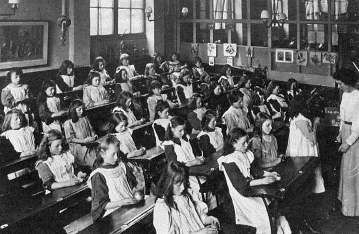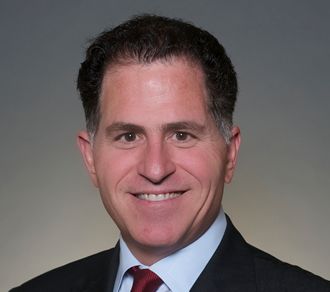 SupplyNow, an ed-tech startup, launching in Kent, Surrey and London, has said that it wants to transform the broken UK supply teaching market by directly connecting fully vetted supply staff with schools.
SupplyNow, an ed-tech startup, launching in Kent, Surrey and London, has said that it wants to transform the broken UK supply teaching market by directly connecting fully vetted supply staff with schools.
The platform offers up to 25 percent higher pay, robust safeguarding controls and complete transparency – reducing school costs, saving huge agency fees and enabling more to be spent on bettering schools, via a simple self-service interface.
Aimi Kearney said that her fellow co-founders believe the supply market is broken. Spending is increasing, with agencies charging exorbitant fees.
“Using innovative technology, control is returned to the supply heroes and schools by combining self-service convenience with fair pricing. The time is right to disrupt the education market and rebalance the power, keeping more money in the education system”, she said.
Simon Taylor has spent most of his career in recruitment said: “Temporary education staff are the only professional group I can think of where ‘contractors’ are paid less than permanent staff. Often underpaid and massively undervalued, this hidden workforce ensures that over 15,000 classes are taught every day in the UK. This stops potentially 30 parents/carers per class (450,000 families) receiving a call at work, to say their child is being sent home as there’s no teacher. Without this, what kind of impact would there be on the UK economy?” SupplyNow demonstrates how smart technology can transform school budgets, improving educational outcomes.
Agencies typically charge a 40 percent margin, so schools in need of supply staff could benefit from SupplyNow’s model, which works on a 13 percent margin and a permanent placement fee cap after 30 days’ work. “We want to greatly improve upon the traditional ways of finding supply work by listening to customers and education experts and staying true to our values” says James Bailey. SupplyNow has collaborated with experts in recruitment, compliance, technology and education to develop the app; currently in the final stages of vetting and beta testing and having already hundreds of supply staff registered. It has successfully conducted tests demonstrating an average saving of £7-10,000 per permanent hire, which can be spent on critical resources instead.
SupplyNow continues to grow its early adopter programme, which includes qualified teachers, teaching assistants and schools who have registered for their service, interested in being the first to be involved with important company and app updates.
 RM chief executive Neil Martin said his outfit came up with “satisfactory” sales results in 2021.
RM chief executive Neil Martin said his outfit came up with “satisfactory” sales results in 2021.













